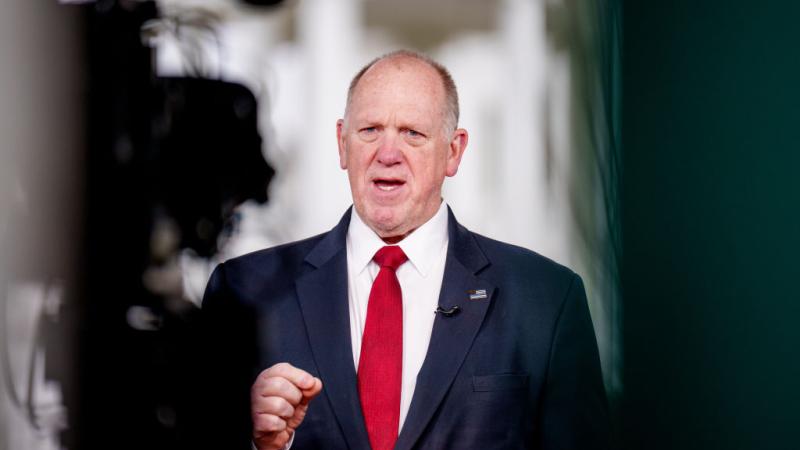Taliban advance as Pentagon chiefs warn of potential Al Qaeda resurgence in Afghanistan
Defense Secretary Lloyd Austin and Chairman of the Joint Chiefs of Staff Gen. Mark Milley gave assessments to Senate as the U.S. withdraws from the country.
As Taliban forces continue to gain footholds in Afghanistan, the Pentagon's two top leaders said Thursday that within two years an international extremist militant group may regenerate there with enough strength to threaten the American homeland.
Defense Secretary Lloyd Austin and Chairman of the Joint Chiefs of Staff Gen. Mark Milley gave the assessments while appearing June 17 before the Senate Appropriations Committee in Washington, D.C. They made the comments separately, in response to questions from Sen. Lindsey Graham (R-SC), who asked whether the chances of a group like Al Qaeda rebounding in Afghanistan were "small, medium, or large."
"I would assess it as medium," Austin said. "I would also say, Senator, that it would take possibly two years for them to develop that capability."
Milley also assessed "medium" chances, on the same timeline given by Austin.
The hearing came as the U.S. withdraws forces from Afghanistan ahead of a Sept. 11 deadline — amid warnings that much could go wrong in a delicate process.
"A mismanaged withdrawal risks a return to civil war, the empowerment of terrorist groups, a renewed refugee crisis, and severe political consequences for the United States," according to former diplomat Annie Pforzheimer, who was deputy chief of mission of the U.S. Embassy in Kabul.
Fighting has increased in recent weeks, according to reports, with a heavy toll on Taliban and Afghan forces as they engage in combat in districts throughout the country. In a 24-hour span from Wednesday to Thursday, fighting occurred in 200 locations, including 80 of the country's 400-some districts, according to the Afghanistan-based Tolo News.
Over the past two months, the government has lost 30 districts to the Taliban, the outlet reported.
Security inside Afghanistan is complicated by the void being left when U.S.-led forces withdraw, according to Pforzheimer.
"Without ongoing international support to the Afghan security forces, other terrorist groups, neighboring states such as Pakistan and Iran, and emerging citizen self-defense forces will compete with the Taliban to fill the security vacuum," she noted.
The "medium" threat to the American homeland in turn is partially based on what happens inside Afghanistan, the Pentagon leaders told senators on Thursday.
"If there was a collapse of the government, or a dissolution of the Afghan security forces, that risk would obviously increase," Milley said.
Any such collapse would see an empowered Taliban — and with them, perhaps a nascent Al Qaeda presence.
The Taliban maintains close ties with Al Qaeda, according to a report updated last week by the Congressional Research Service.
"In general, U.S. government assessments indicate that the Taliban are not fulfilling their counterterrorism commitments concerning Al Qaeda," the report authors wrote.
The Pentagon this year issued the same finding.
"The Taliban have maintained mutually beneficial relations with AQ-related organizations and are unlikely to take substantive action against these groups," according to an April report from the Defense Department.
The Taliban did not respond to questions from Just the News. The group has denied that Al Qaeda is present inside Afghanistan.














